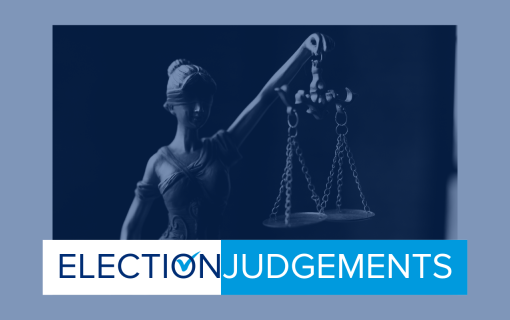Elections in Nigeria: 2015 General Elections
Following a six-week postponement stemming from security concerns and violence perpetrated by Boko Haram, Nigerians head to the polls on March 28 for presidential and National Assembly elections and will return on April 11 for governorship and State House of Assembly elections.
Despite the challenging security environment, a pre-election survey conducted by the International Foundation for Electoral Systems (IFES) found that 61 percent of Nigerians are very likely to vote in the presidential elections and 49 percent are very likely to vote in the National Assembly elections. With over 68 million registered voters; a large contingent of internally displaced persons; and thousands of candidates squaring off for some 1,500 seats, the March elections will be a challenging endeavor for Africa's largest democracy and the continent's largest economy.
To help you understand this important electoral process, IFES provides Frequently Asked Questions (FAQs) on Elections in Nigeria: 2015 General Elections. IFES FAQs include:
Learn more about IFES' program in Nigeria.









